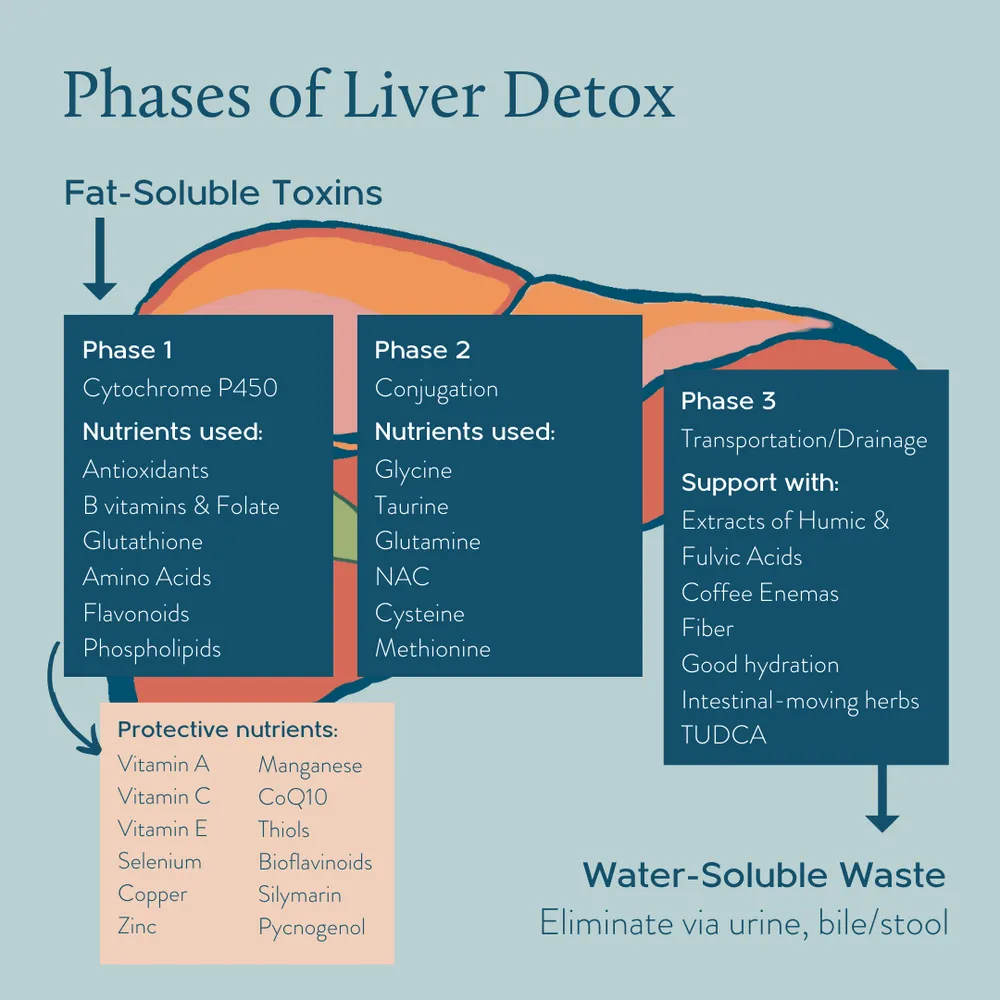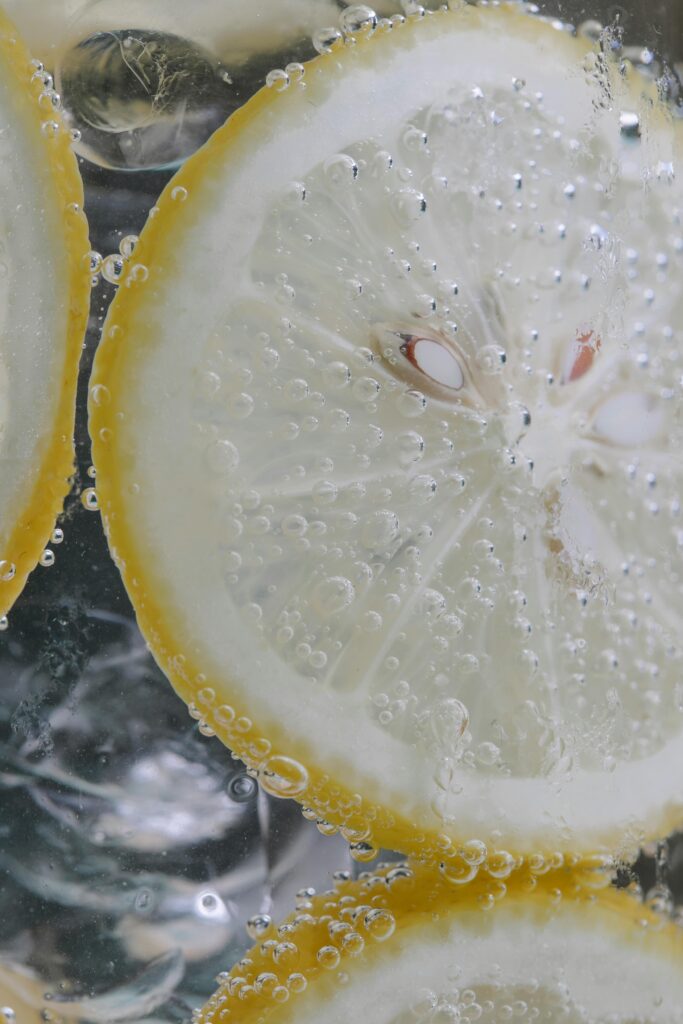Protecting Your Liver: The Role of Antioxidants in Detoxification
Introduction
The liver is one of the most vital organs in the human body, responsible for a multitude of functions such as detoxification, metabolism, and storage of essential nutrients. It plays a crucial role in filtering out toxins, drugs, and other harmful substances from the blood. However, with the increasing prevalence of environmental toxins, processed foods, and unhealthy lifestyle choices, our livers are constantly under attack. This can lead to liver damage and dysfunction, which can have serious consequences for our overall health.
One of the key ways to protect and support our liver health is through the use of antioxidants. Antioxidants are compounds that help neutralize free radicals and prevent oxidative damage to cells and tissues. In this article, we will explore the role of antioxidants in detoxification and how they can help support liver health. We will also provide tips on how to incorporate more antioxidants into your diet and lifestyle to keep your liver healthy and functioning optimally.
The Role of Antioxidants in Detoxification
Detoxification is a complex process that involves the removal of toxins and harmful substances from the body. The liver plays a central role in this process, as it is responsible for breaking down toxins and converting them into water-soluble compounds that can be excreted from the body. This process involves a series of enzymatic reactions that require the help of various antioxidants to neutralize free radicals and prevent oxidative damage.
Antioxidants work by donating electrons to free radicals, stabilizing them and preventing them from causing damage to cells and tissues. This helps to reduce inflammation, protect against oxidative stress, and support the liver’s ability to detoxify harmful substances. Some of the key antioxidants involved in liver detoxification include glutathione, vitamin C, vitamin E, and selenium.
Glutathione is one of the most important antioxidants for liver health, as it plays a crucial role in detoxification and antioxidant defense. It is involved in the conjugation and excretion of toxins, as well as the regeneration of other antioxidants such as vitamin C and vitamin E. Low levels of glutathione have been linked to liver damage and dysfunction, so it is important to ensure an adequate intake of this vital antioxidant.
Vitamin C is another powerful antioxidant that can help support liver health. It is involved in the synthesis of collagen, a protein that helps maintain the structure of the liver and protect against damage. Vitamin C also helps to regenerate other antioxidants, such as glutathione, and has been shown to reduce oxidative stress and inflammation in the liver.
Vitamin E is a fat-soluble antioxidant that helps protect cell membranes from oxidative damage. It also plays a role in supporting the liver’s detoxification processes by neutralizing free radicals and preventing lipid peroxidation. Studies have shown that vitamin E supplementation can help improve liver function and reduce inflammation in patients with liver disease.
Selenium is a trace mineral that is essential for the production of glutathione peroxidase, an enzyme that helps neutralize free radicals and protect against oxidative damage. Selenium deficiency has been linked to liver damage and dysfunction, so it is important to ensure an adequate intake of this important antioxidant.
In addition to these key antioxidants, there are many other compounds found in plant foods that can help support liver health. These include polyphenols, flavonoids, and carotenoids, which have been shown to have antioxidant and anti-inflammatory effects. By incorporating a variety of antioxidant-rich foods into your diet, you can help support your liver’s detoxification processes and protect against oxidative damage.
Tips for Incorporating Antioxidants into Your Diet
There are many ways to incorporate more antioxidants into your diet to support liver health. Here are some tips to help you get started:
1. Eat a variety of fruits and vegetables: Fruits and vegetables are rich sources of antioxidants, vitamins, and minerals that can help support liver health. Aim to eat a rainbow of colors to ensure you are getting a wide range of antioxidants.
2. Include antioxidant-rich herbs and spices: Herbs and spices such as turmeric, ginger, garlic, and cinnamon are potent sources of antioxidants that can help support liver health. Add them to your meals and drinks to boost your antioxidant intake.
3. Choose antioxidant-rich beverages: Green tea, matcha, and herbal teas are all rich sources of antioxidants that can help support liver health. Try to include these beverages in your daily routine to reap the benefits of their antioxidant properties.
4. Incorporate nuts and seeds: Nuts and seeds are rich sources of vitamin E, selenium, and other antioxidants that can help support liver health. Include a variety of nuts and seeds in your diet to boost your antioxidant intake.
5. Consider supplements: If you are not able to get enough antioxidants from your diet, consider taking a supplement to help support your liver health. Look for supplements that contain a variety of antioxidants to ensure you are getting a wide range of benefits.
FAQs
Q: What are free radicals and why are they harmful?
A: Free radicals are unstable molecules that can cause damage to cells and tissues through a process known as oxidative stress. This damage can lead to inflammation, DNA damage, and cell death, which can have serious consequences for health.
Q: How can antioxidants help protect against liver damage?
A: Antioxidants work by neutralizing free radicals and preventing oxidative damage to cells and tissues. By donating electrons to free radicals, antioxidants help stabilize them and reduce their harmful effects. This can help protect against liver damage and support detoxification processes.
Q: What are some signs of liver damage?
A: Some common signs of liver damage include fatigue, jaundice (yellowing of the skin and eyes), abdominal pain, swelling in the abdomen, and dark urine. If you are experiencing any of these symptoms, it is important to see a healthcare provider for evaluation and treatment.
Q: Are there any foods or substances that can harm the liver?
A: Yes, there are many foods and substances that can harm the liver, including alcohol, processed foods, sugary drinks, and certain medications. It is important to limit your intake of these substances and focus on a healthy diet rich in antioxidants to support liver health.
Q: How can I support my liver health on a daily basis?
A: In addition to incorporating antioxidants into your diet, there are many other ways to support liver health on a daily basis. This includes staying hydrated, getting regular exercise, avoiding excessive alcohol consumption, and getting enough rest and sleep. By making healthy lifestyle choices and supporting your liver with antioxidant-rich foods, you can help protect against liver damage and maintain optimal health.
Conclusion
Protecting your liver is essential for overall health and well-being. By incorporating antioxidants into your diet and lifestyle, you can help support liver health and protect against oxidative damage. Antioxidants play a crucial role in detoxification processes, helping to neutralize free radicals and prevent inflammation and oxidative stress. By following the tips outlined in this article and incorporating a variety of antioxidant-rich foods into your diet, you can help support your liver’s ability to detoxify harmful substances and maintain optimal function. Remember to consult with a healthcare provider before making any significant changes to your diet or lifestyle, especially if you have a pre-existing liver condition. By taking proactive steps to support your liver health, you can help ensure a long and healthy life.


